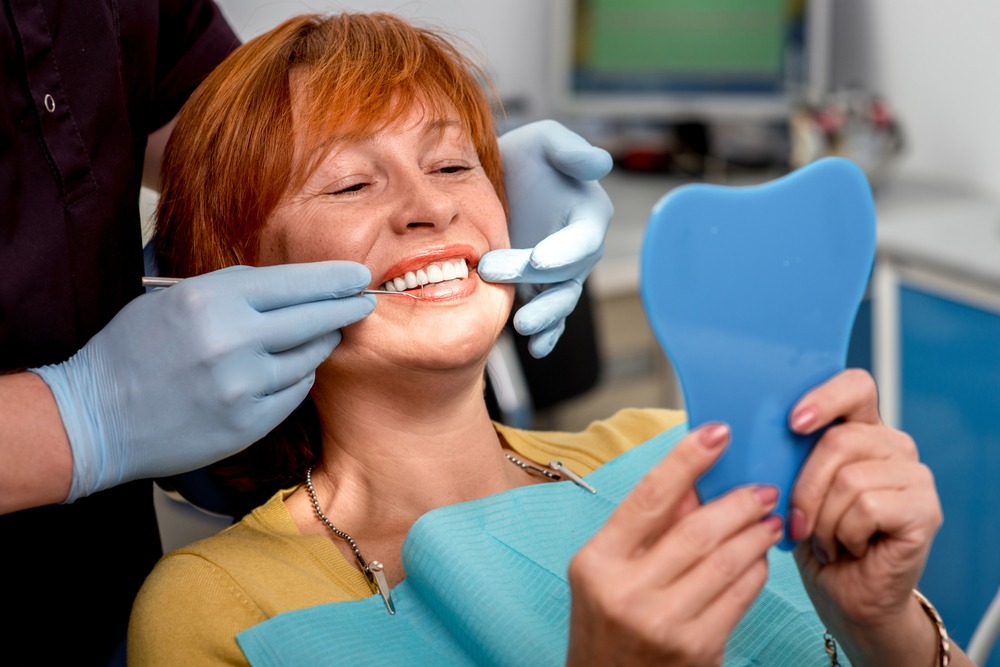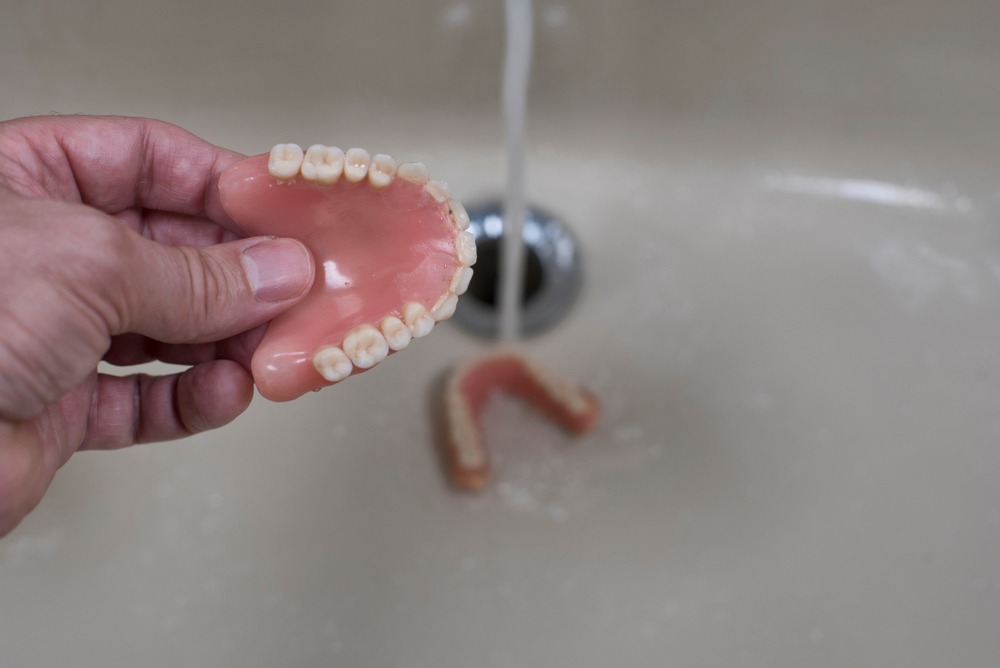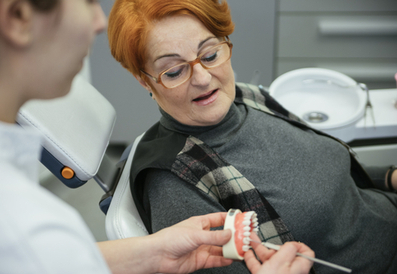How Long Do Dentures Last?

Many people wonder, “How long do dentures last?” With proper care, dentures can last several years. However, they will eventually need to be replaced. In this blog, we’ll discuss the factors that affect the longevity of your dentures and provide tips for extending their lifespan in Ottawa.
What Affects the Longevity of Your Dentures?

Several factors can influence how long your dentures last:
- Material Quality: Higher quality materials tend to last longer. Dentures made of plastic or porcelain can wear over time.
- Usage: The more you use your dentures, the quicker they will wear out.
- Fit: Dentures need to fit well to function properly. Over time, your gums and jawbone can change, affecting the fit of your dentures.
To learn more about denture types, visit our Types of Dentures page.
Reasons for Denture Failure

One or more of many factors can lead to dentures breaking or failing:
- Breakage: The most frequent types of denture base fractures or tooth loss. Also, upper dentures tend to break twice as often as lower ones.
- Wear and Tear: After years of use, dentures typically reach a point where they have to be replaced. The deterioration is normally due to wear or staining.
- Natural Jawbone Changes: Patients’ jawbones change over the years, to the point that the previous denture is no longer suitable. Although this is an expected change, the rate will vary depending on each patient.
For more information on how to prevent denture failure, visit WebMD’s guide on denture care.
How to Clean Dentures

Dentures require proper maintenance. To keep them clean, stain-free and looking good, take the following tips into consideration:
- Clean them after every meal. All you have to do is run water over your dentures to remove any food debris.
- Handle them with care. Make sure you don’t bend or damage the appliance when cleaning it.
- Wash your mouth every time you remove your dentures. Use a soft toothbrush to clean your cheeks, tongue, and the roof of your mouth.
- Brush them three times per day, and soak them overnight.
For additional cleaning tips, visit Dental Health’s denture cleaning guide.
Signs That Your Dentures Need to be Repaired or Replaced

Dentures are a great solution for missing teeth and for enhancing one’s smile, but they don’t last forever. Here are some signs and indications that it might be time to replace or repair your current dentures:
- Loose Dentures: Dentures need to stay securely in place to help with chewing and speaking confidently. If they are becoming loose, they can either be repaired or replaced.
- Painful Dentures: If your dentures are causing you any pain or discomfort, it’s usually because they don’t fit well or have gotten too worn out. To avoid any further pain or complications, see a denturist right away.
- Damaged or Discoloured Dentures: If there are chips or cracks in your dentures, depending on the extent of the damage, they can either be repaired or will need to be replaced. If you drink a lot of coffee, wine, or tea, it can cause undesirable discolouration.
Plan for Denture Replacement in Ottawa
Eventually, all dentures will need to be replaced. Planning for this can help you avoid discomfort and maintain your oral health. At Ottawa South Denture Clinic, we provide high-quality dentures and excellent patient care. Contact us today to learn more about our services and schedule your consultation.





